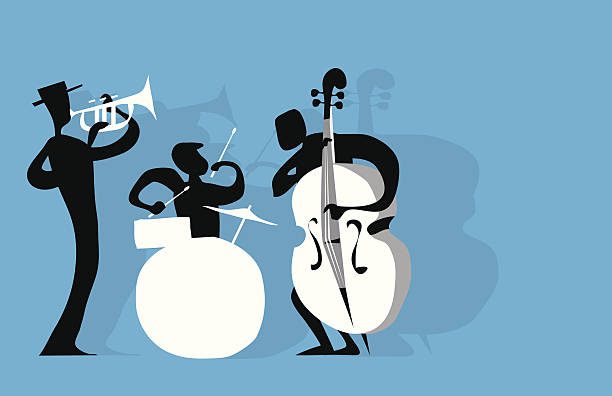Jazz music is an art form that has captured the hearts of millions of people all over the world. It is a style of music that is characterized by improvisation, syncopated rhythms, and a unique use of harmony. Jazz has its roots in the African American community, particularly in New Orleans, where it emerged in the late 19th and early 20th centuries. Since then, it has evolved into many different styles, from swing to bebop to free jazz.
One of the most notable aspects of jazz music is its emphasis on improvisation. Unlike other genres of music, where the notes and rhythms are typically pre-determined, jazz musicians often make up their music on the spot. This requires a high level of skill and creativity, as the musician must be able to respond in real-time to the other musicians in the band and to the energy of the audience.
Another key feature of jazz is its use of syncopated rhythms. Syncopation involves emphasizing the off-beat notes in a musical phrase, giving it a sense of forward motion and excitement. This creates a sense of tension and release that is a hallmark of jazz music.
Jazz musicians also use a unique system of harmony that sets it apart from other genres of music. Rather than relying on traditional Western harmony, which is based on chords and chord progressions, jazz musicians use a system of chord progressions that is more fluid and open-ended. This allows for greater freedom of expression and encourages improvisation.
Perhaps the most famous style of jazz is swing. Swing emerged in the 1920s and 30s and was characterized by its emphasis on danceable rhythms and catchy melodies. Swing music was immensely popular in its day, and many of the most famous jazz musicians of all time, such as Duke Ellington, Louis Armstrong, and Benny Goodman, were associated with the swing era.
In the 1940s and 50s, bebop emerged as a new style of jazz. Bebop was characterized by its fast tempos, complex harmonies, and virtuosic solos. Bebop musicians such as Charlie Parker and Dizzy Gillespie pushed the boundaries of jazz music and paved the way for the more experimental styles of jazz that emerged in the decades to come.
One of the most challenging styles of jazz is free jazz. Free jazz is characterized by its lack of structure and reliance on improvisation. It can be difficult to listen to for those who are not familiar with the style, but for those who appreciate it, free jazz can be incredibly rewarding. Free jazz musicians such as Ornette Coleman and John Coltrane expanded the boundaries of jazz music and paved the way for many of the experimental styles of music that emerged in the latter half of the 20th century.
Jazz music continues to be an important part of the cultural landscape, with new styles and musicians emerging all the time. Whether you are a fan of swing, bebop, or free jazz, there is something in this unique and ever-evolving art form that is sure to capture your imagination.


